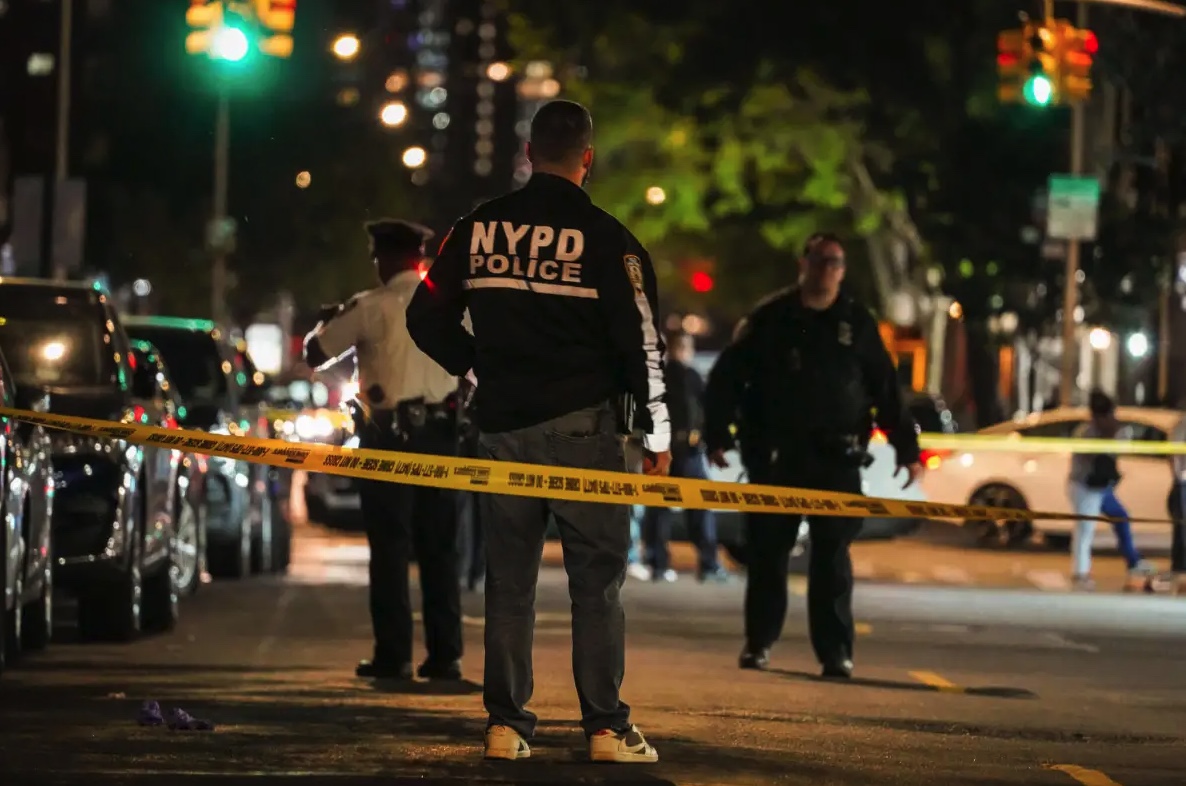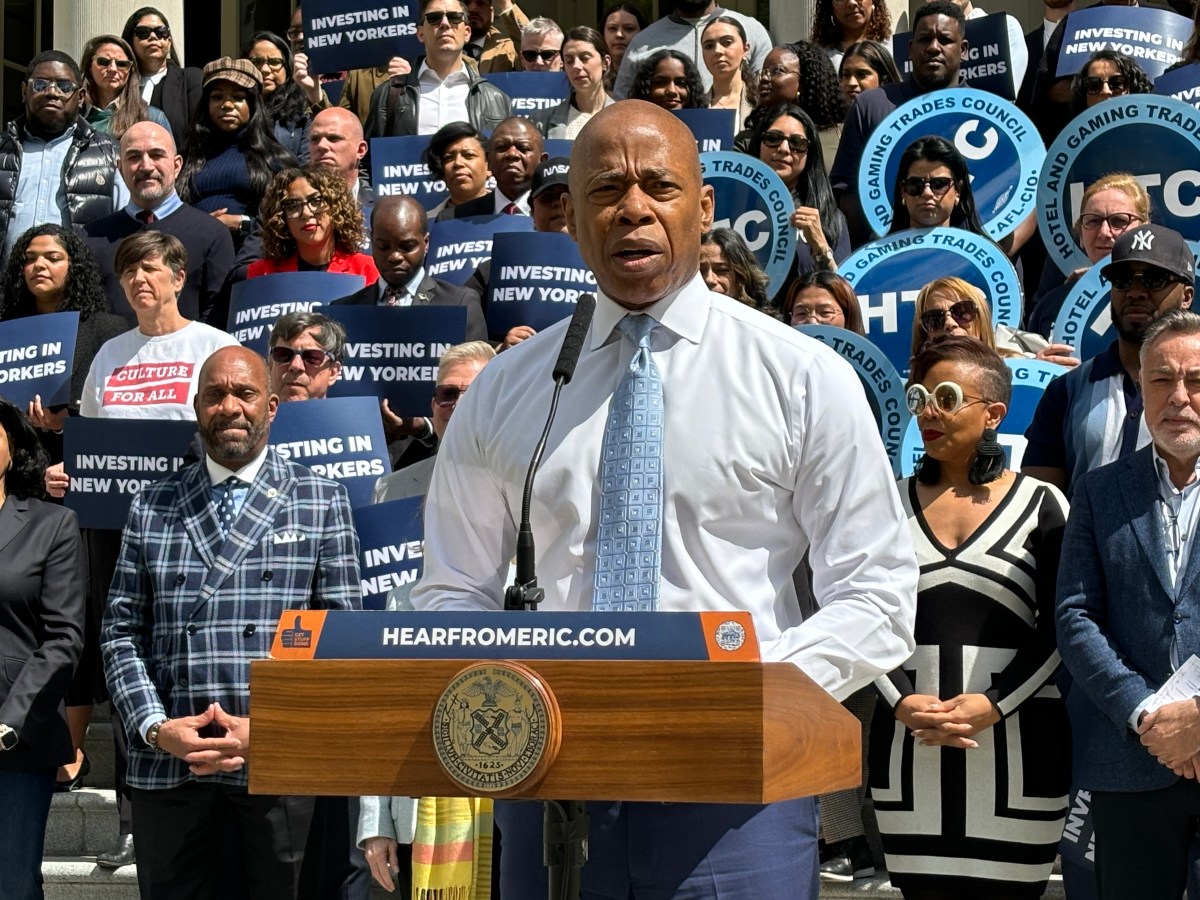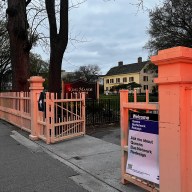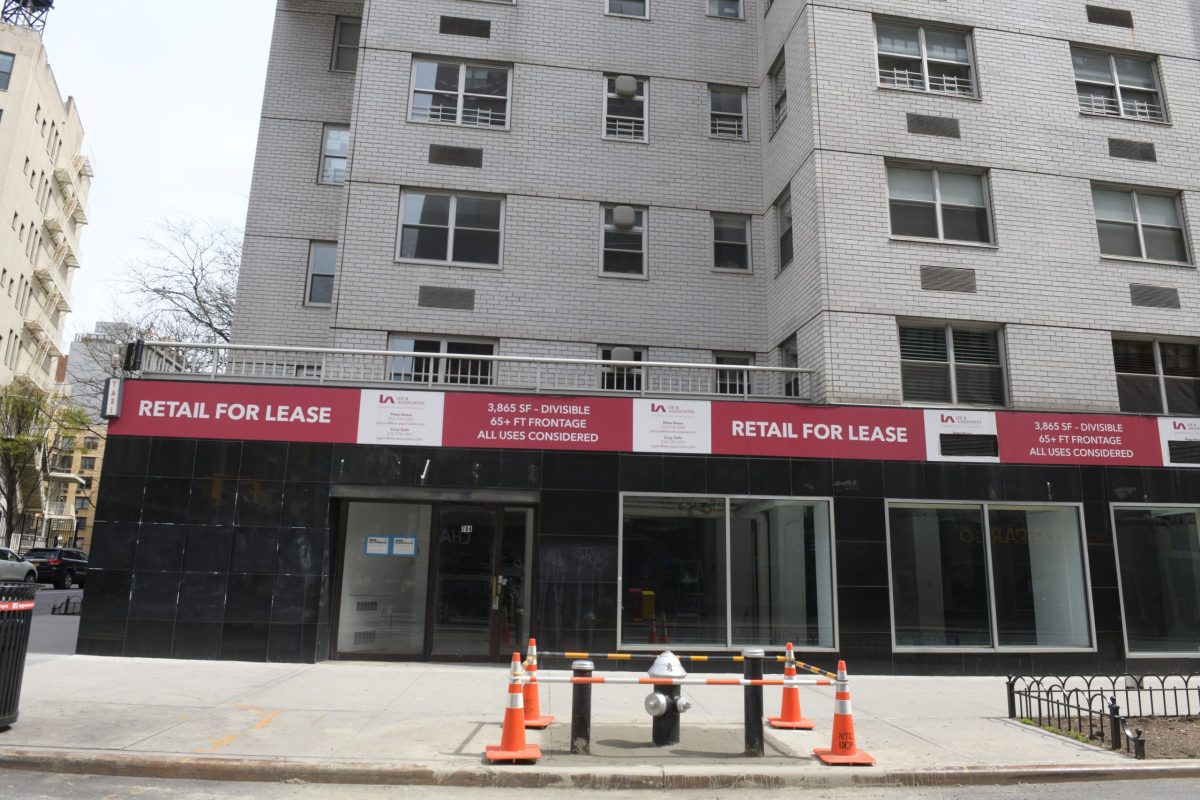Queens Borough President Helen Marshall said the high number of foreclosures in Queens during the first half of this year shocked her, and she has collaborated with a number of non-profit community groups in order to educate homeowners and potential homebuyers about the dangers of subprime loans.
“We are partnering with a small army of organizations to provide expert advice and information for homeowners on everything from mortgage counseling and affordable refinancing of loans to real estate scams,” Marshall said.
More than 100 residents attended Marshall’s first in a series of meetings at the Langston Hughes Community Library and Cultural Center on Monday, September 10, and heard from experts including Mark Winston Griffith, Co-Director of the Neighborhood Economic Development Advocacy Project (NEDAP).
Griffith and a number of other experts talked about subprime mortgages, which often lead to foreclosures, as a complicated issue with no single solution, so they stressed that education and preparedness are the key to not becoming a victim.
Areas throughout the entire city have seen a spike in foreclosures with filings skyrocketing from 6,873 in 2005 to 9,089 in 2006 and Queens accounting for 2,666 and 3,625 of the totals, respectively.
Meanwhile, the numbers for 2007 continue that trend. From January 1, 2007 through June 25, 6,743 properties in New York City have seen foreclosure filings, according to a report prepared by NEDAP using statistics from Profiles Publications, which bills itself as New York’s premier foreclosure listing service.
In addition, Queens experienced 2,783 foreclosures, roughly 41 percent of the foreclosures within the city, with a majority of the foreclosures concentrated in areas in southeast Queens.
City Comptroller William Thompson, whose office started a foreclosure prevention helpline back in April and has fielded more than 1,600 calls since its inception, said that homeowners who think they may be a victim of a subprime mortgage should not wait to get help.
“If you start to experience a problem, don’t be quiet about it and suffer, reach out,” Thompson told The Queens Courier. He said that a number of different non-profit organizations as well as government entities were taking a more active role in trying to help homeowners and that some banks are being more flexible with payment plans.
However, Thompson said he did not know how long the foreclosure problems in Queens as well as the city would last.
“I don’t know, [but] I think things will probably get worse before they get better,” he said


































